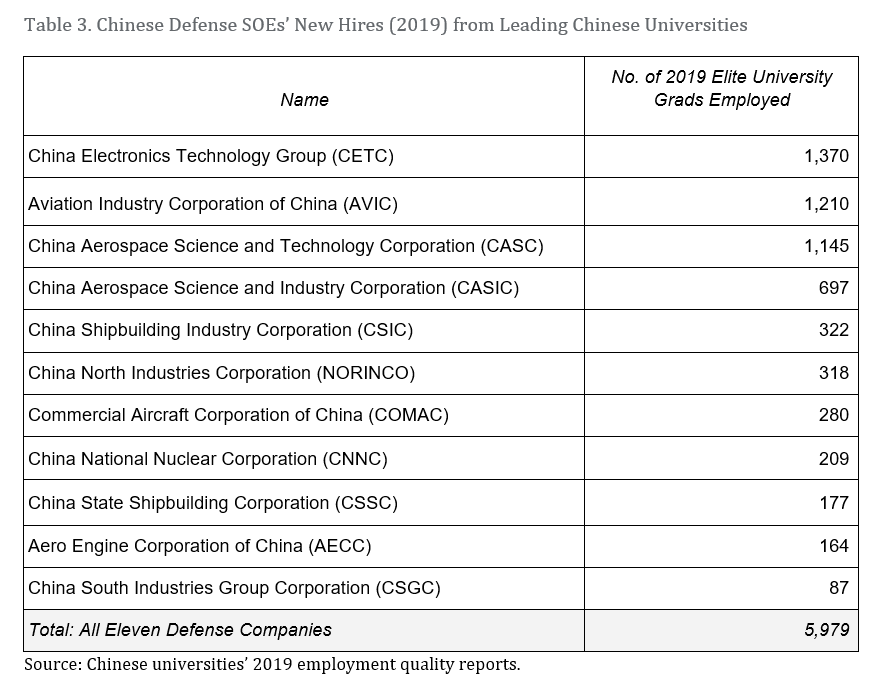
I've been thinking a lot about this distinction (state-backed troll vs amped up nationalist).
Let me reply to Victor's question and also respond to criticism (some made in bad-faith) of "A Different Kind of Army" (1/6):
jamestown.org/program/a-diff…
Let me reply to Victor's question and also respond to criticism (some made in bad-faith) of "A Different Kind of Army" (1/6):
jamestown.org/program/a-diff…
https://twitter.com/vshih2/status/1381903265818808323

2/6 The "20 million part-time trolls" in the report refers only to registered "network civilization volunteers" (网络文明志愿者) claimed by Communist Youth Leagues. There are other nationalists on the Chinese internet that are not organized by the Party/state.
3/6 Absent state support, yes, the folks who join CYLs and register to become volunteers probably would have made similarly combative posts anyway—but likely not as often, nor as well organized. Hard to play counterfactual, but Party organization and resourcing seem important.
4/6 The CCP has created a sprawling bureaucracy to organize volunteers, established minimum post quotas, formalized command & control (e.g. in Shandong), trains them in PR basics (public opinion actual combat drills), and supplies infrastructure to organize (sites like Wenming).
5/6 Recent reporting has also emphasized the role of CYLs in *starting* and sustaining boycotts against foreign firms and the attacks against Vicky Xu.
The state can in effect paint a bullseye on ideological opponents, and amplify resulting "organic" harassment against them.
The state can in effect paint a bullseye on ideological opponents, and amplify resulting "organic" harassment against them.
6/6 While glib, I struggle to describe this as anything other than state-backed trolling.
That they are *volunteers* signals sticky intent, but CYL support shapes targeting & efficacy.
That they are *volunteers* signals sticky intent, but CYL support shapes targeting & efficacy.
• • •
Missing some Tweet in this thread? You can try to
force a refresh






